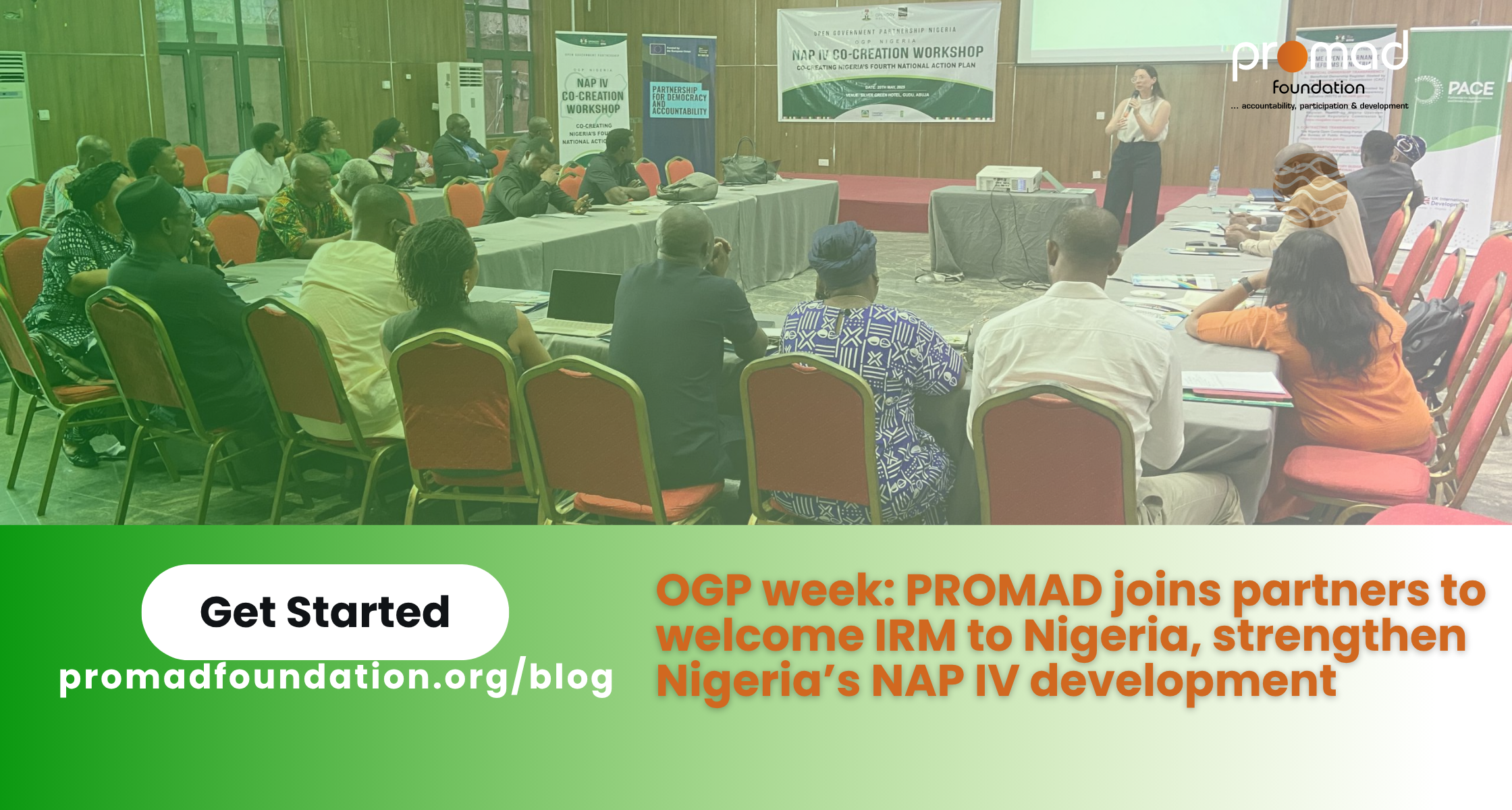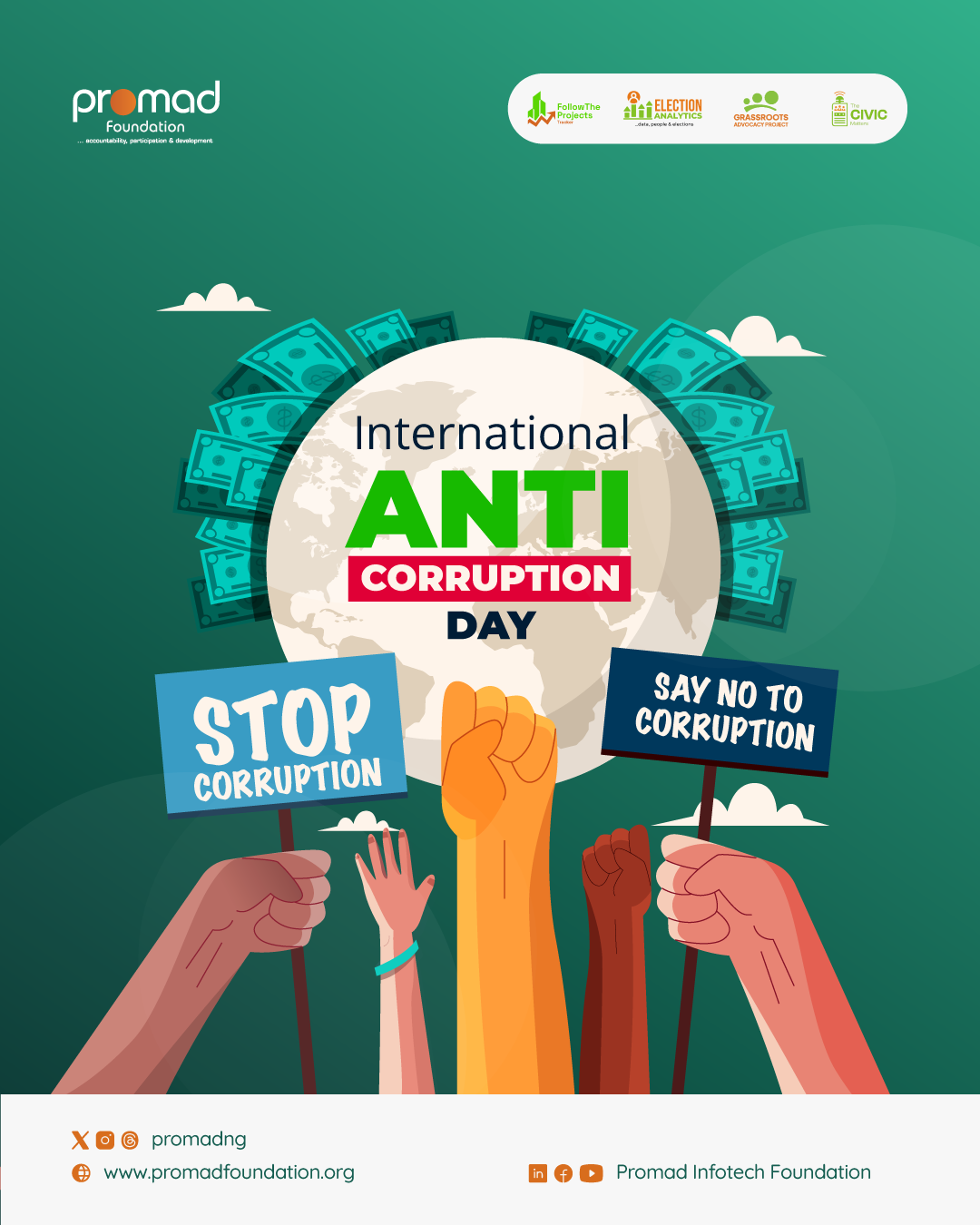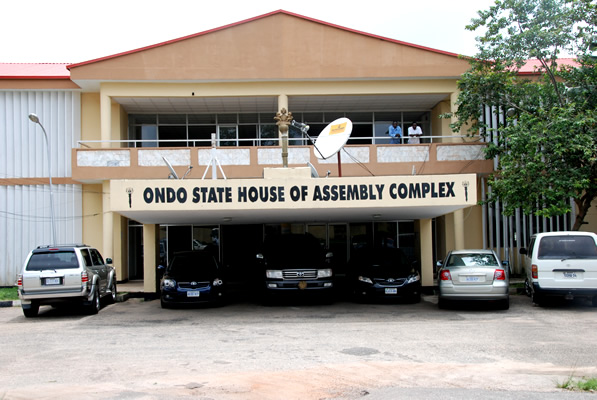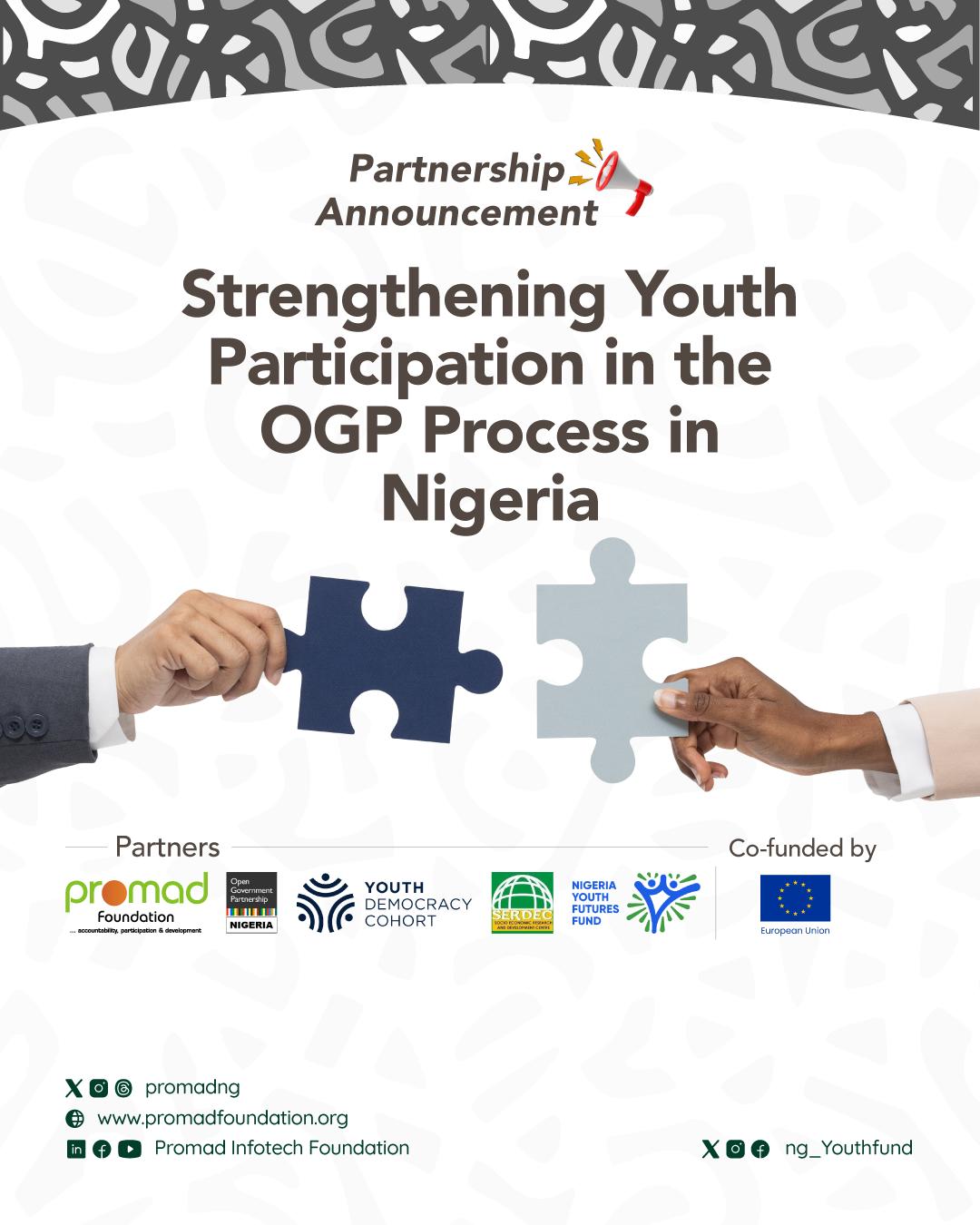The development of Nigeria’s National Action Plan (NAP) IV under the Open Government Partnership (OGP) framework represents a significant milestone in the journey of strengthening improvements in civic participation, accountability, citizen engagement, and service delivery. As part of the esteemed committee responsible for drafting and designing the NAP IV, PROMAD Infotech Foundation, alongside other organizations has been at the forefront of contributing their expertise and insights to enrich the process.
On May 20, PROMAD participated in a crucial NAP IV drafting meeting in Abuja, where senior researcher Mia Katan from the global OGP Independent Reporting Mechanism (IRM) led discussions on designing ambitious commitments that will reshape Nigerian governance. The stakeholders set December 2025 as the submission deadline, with full implementation expected by 2027 and a midterm refresh to review progress and introduce new opportunities.
Through collaborative efforts with various stakeholders, PROMAD directly contribute to shaping and influencing participatory, inclusive, accountable and transparent governance in Nigeria through 2027.
The NAP IV framework centres on two critical ambitions that will determine its success;
- The depth of change each commitment will bring when implemented must be substantial enough to transform how citizens interact with the government.
- These changes must be sustainable beyond the implementation period, creating lasting democratic reforms rather than temporary improvements.
Mia Katan emphasised that commitments cannot be unclear or modest. Instead, they must deliver substantial results that citizens can see and feel in their daily interactions with government institutions. This approach aligns with our 2025 thematic focus, which aims to move beyond previous action plans that often produced limited real-world impact, to push development boundaries and reshape new possibilities in governance.
The meeting positioned co-creation as Nigeria’s primary opportunity to build stronger coalitions, develop comprehensive roadmaps, and harmonize efforts across different sectors. This collaborative approach ensures that government reforms reflect genuine citizen needs rather than top-down policies developed in isolation.
Through co-creation, stakeholders can explore obstacles encountered in previous initiatives, learn from past experiences, adapt to changing contexts, and build broader public support for democratic reforms. This strategy recognizes that sustainable change requires buy-in from both government officials and ordinary citizens who will be affected by new policies.
Each NAP IV commitment must follow a structured framework that identifies specific problems, analyzes root causes, outlines expected results, and establishes verifiable milestones. This systematic approach ensures that reforms move beyond ambitious promises to become achievable goals with measurable outcomes.
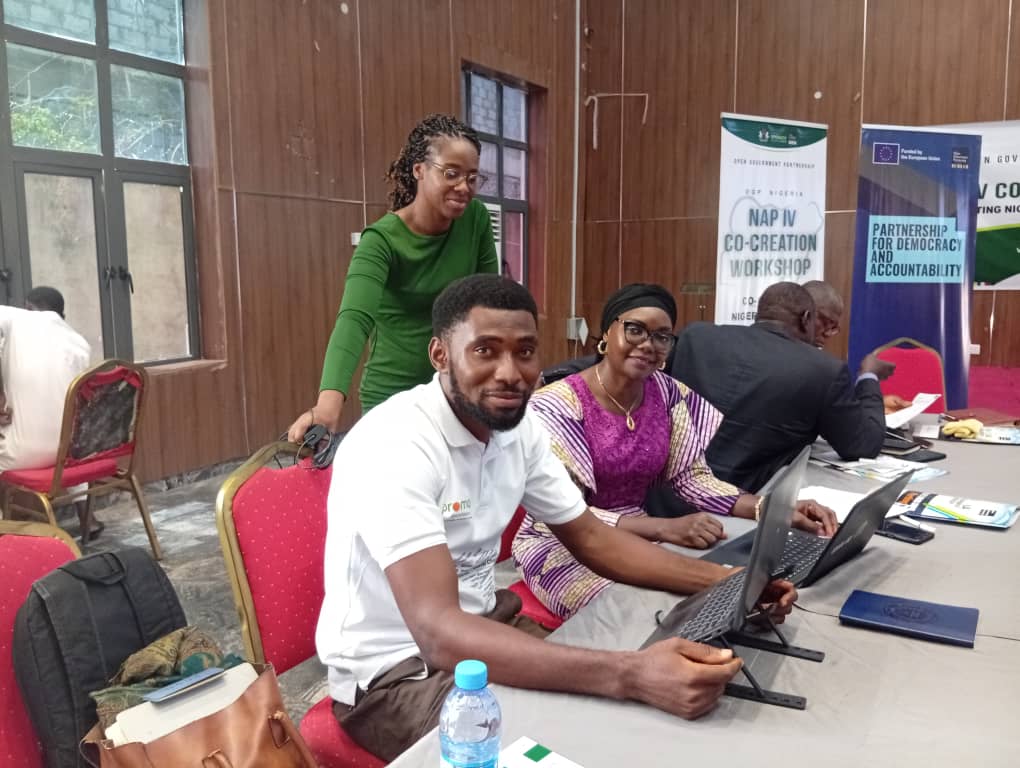
The framework requires that all milestones consist of verifiable activities that align directly with stated objectives. This emphasis on measurability aims to prevent the vague commitments that have limited the effectiveness of previous action plans, creating instead a clear path toward democratic transformation.
The success of Nigeria’s NAP IV will ultimately depend on the commitment of all stakeholders to move beyond traditional approaches to governance. Citizens, civil society organizations, and government institutions must work together to ensure that these ambitious reforms translate into tangible improvements in daily life.
As Nigeria embarks on this transformative journey, the focus must remain on creating lasting change that withstands political transitions and economic challenges. The 2025-2027 implementation period represents a crucial window of opportunity to establish new standards of governance that will benefit generations of Nigerians. The true measure of success will be whether ordinary citizens can see and feel the difference in how their government operates, responds to their needs, and includes them in decision-making processes that shape their future.
Impact and Communications Department, PROMAD
Contact: media@promadfoundation.org
